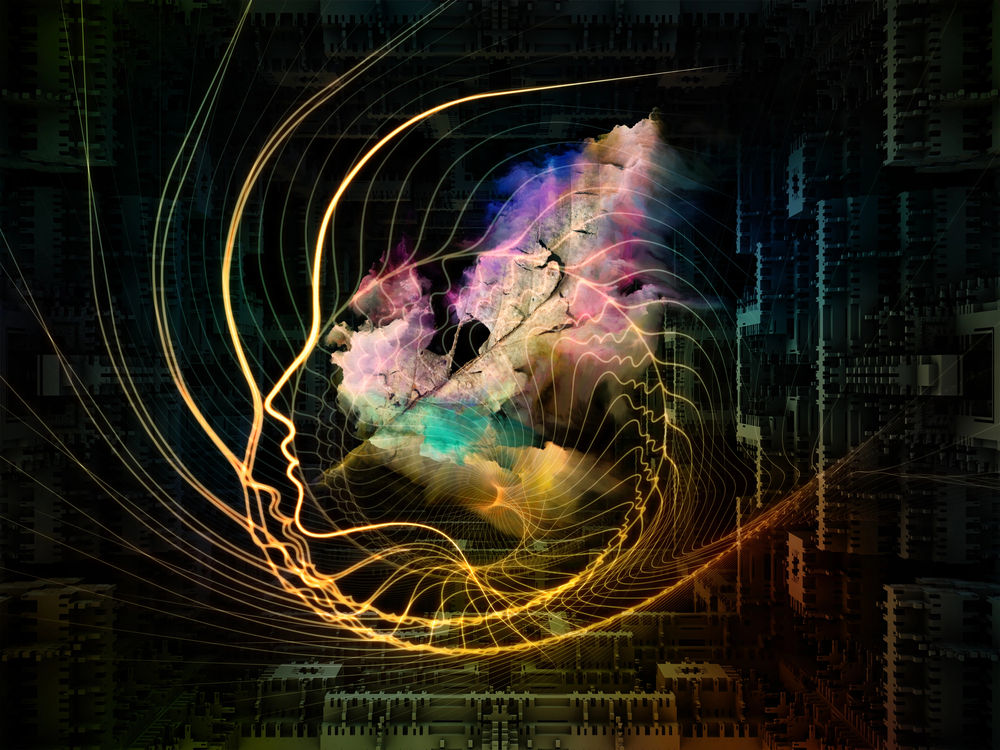In the quest to humanize mental health care, a group of researchers led by phenomenologist Anya Daly has proposed the Pattern Theory of Self (PTS). This innovative theory promises to revolutionize clinical and research practices by embracing a multidimensional understanding of personhood, thus moving beyond the limitations of current diagnostic categories.
“The current organization of mental health care in terms of discrete diagnostic categories has attracted much criticism from both outside and within the profession of psychiatry. Despite the widely recognized problems with current nosologies, psychiatrists must still ‘workaround’ the deficiencies of the well-entrenched system to protect the interests of their clients and those under their care to ensure access to medications, welfare, insurance, and basic services,” the researchers write.
“Nevertheless, there have been recurrent calls for a paradigm shift that would privilege patients experience, focus on dynamic processes, and engage with the context of the patient’s lifeworld.”
The Pattern Theory of Self (PTS) addresses a significant gap in the psy-disciplines: the failure to account for interpersonal relationships and social and historical contexts. By integrating ten key processes—ranging from bodily and affective processes to narrative and ecological dimensions—PTS offers a framework for understanding individuals in their complexity. This approach challenges the entrenched, reductionist models of mental health care, advocating instead for a nuanced, context-sensitive perspective that honors each person’s unique life story. The researchers argue that PTS can transform both clinical interviews and research methodologies, fostering a more humane and effective mental health practice.
















I’m afraid there can’t be any humane approach to a psychiatric interview because there is no humane manor of raising yourself above the patients own self-insight as an expert in what they are going through. You cannot be an expert in the psychological life of another: and even understanding the psychological life of another doesn’t detain a psychiatrist. They base their whole understanding on a false notion of mental illness as biological dysfunction, which is manifestly, patently absurd. So there is absolutely no valid expertise in psychiatry whatsoever. They are an expert in the theories they invented, and often hold psuedo-scientific theories about what explains the mental and emotional distress, trauma and conditioned dysfunction which result from social existence, blaming it all on the brain rather then the society which conditioned it. They understand the mechanisms of action of various pharmaceutical drugs, but not one of them can explain how it is supposed to work on the actual problem when not a single disease process has ever been found for any non-organic mental disorder. One day you will see how ridiculous and medieval the psychiatry of today is, and the society which produced psychiatry, and how the psychiatrists are no less deluded then the witchcraft persecutors of yesterday, and I mean that sincerely and with all due seriousness. It is a fact. Psychiatrists in their social activities are as absurd and destructive as the witchcraft persecutors of yesterday, only the violence this involved is of a much larger scale. It is an altogether quite unbelievable, diseased and evil circumstance. And that we can’t seem to wake up to it completely, even the most critical among us, is an ominous sign.
Report comment
Thank you, Micah, lots of insightful information you point out about the … “lack of insight” by today’s seeming “witch hunters” and Pharmkia forcing DSM deluded “mental health” workers of today.
Report comment
Why do we need a pattern theory of self, or any theory of self whatsoever, when we have the actual ‘self’ performing to us all of the time, a self we can see and understand so long as we know how to look without prejudice or influence? And theories on the self, all of them false, prevent the clear, uninfluenced perception of the self.
Is it that when we try and look for the self there is nothing to be found but inchoate thoughts, images, and feelings that seem somewhat in contradiction? That is part of the phenomena of the self, not a theory about the self but what you perceive when you look for the self. So what is the self actually?
The self is an idea and an illusion when the brain believes in the idea, and this illusion creates the fragmentation of love into the varied confused patterns of emotion searching for the light. There is no self besides thought: self is an idea, is a thought, pretending to be a real ‘me’ besides thought. And it says my feelings, my body etc in order to convince the body and the feelings that there is this thing called a self. Should I go on, or should I hold my tongue? I don’t want to be the undoing of you.
Here’s a clue. Even if your animal self – the human body – died right now, nothing about who you are would change whatsoever. And if your mind and feelings died right now, again, nothing about who you are would really change, except perhaps your understanding. And if your brain exploded right now into millions of flowers and stars and galaxies, you might remember yourself, and that would be a vast improvement but nothing much would actually change, except a feeling of great relief, peace and infinite freedom.
Or we could put our heads in the industrial mincer of society and chose between a dead man and the evil one for president. If I were you I’d invest in some magic mushrooms instead, or sleep with an angel or the devil, not a prisoner or the prison officer anymore. And then all the psychiatrists will scatter to the furthest reaches of the Universe, as will the electronic robotic telepathic spiders made of electrical karmic energy drawing white lines as a web to catch the secret flies.
By the way, all women are flowers – some roses, some daffodils, some rhododendrons, some poison ivy, some Venus fly traps. Men are less interesting.
Report comment